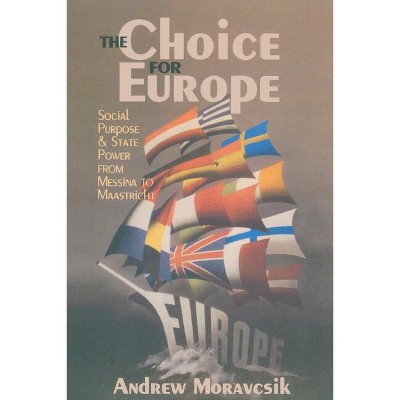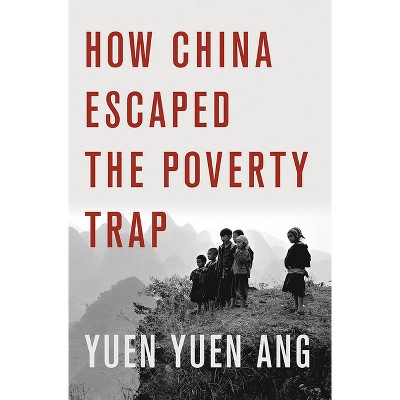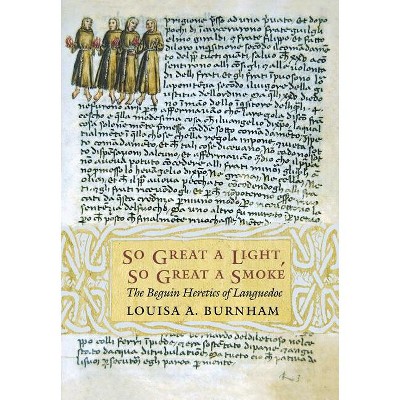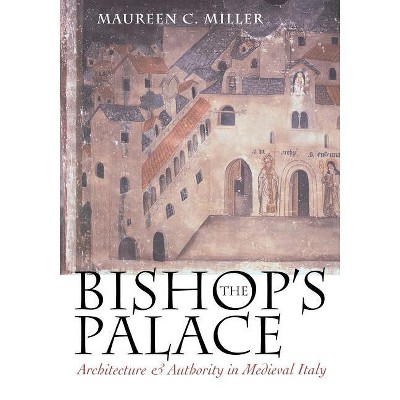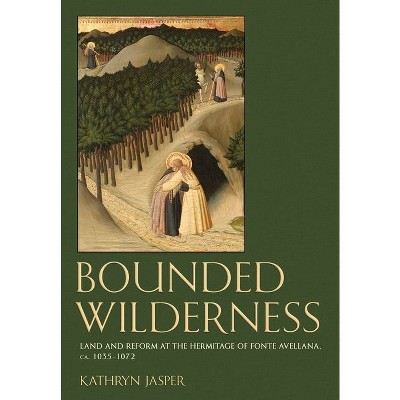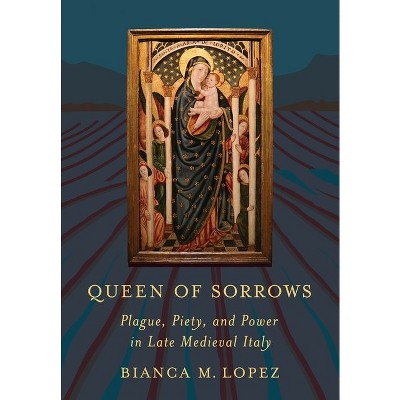Sponsored

Religious Poverty and the Profit Economy in Medieval Europe - by Lester K Little (Paperback)
In Stock
Sponsored
About this item
Highlights
- "In this stimulating and important book Lester Little advances the original thesis that, paradoxically, it was the leading practitioners of voluntary poverty, Franciscan and Dominican friars, who finally formulated a Christian ethic which justified the activities of merchants, moneylenders, and other urban professionals, and created a Christian spirituality suitable for townsmen.
- Author(s): Lester K Little
- 268 Pages
- History, Europe
Description
Book Synopsis
"In this stimulating and important book Lester Little advances the original thesis that, paradoxically, it was the leading practitioners of voluntary poverty, Franciscan and Dominican friars, who finally formulated a Christian ethic which justified the activities of merchants, moneylenders, and other urban professionals, and created a Christian spirituality suitable for townsmen. Little has synthesized a vast body of specialized literature in Italian, German, French, and English to write an interpretive essay which provides a new perspective on the interaction between economic and social forces and the religious movements advocating the apostolic ideal of voluntary poverty...Little's book is a major contribution, not only to the history of the religious movement of voluntary poverty, but also to the interdisciplinary study of the middle ages." --Journal of Social History
Review Quotes
"Little's interpretation of this complex situation is informed and well reasoned; it supplements rather than replaces any part of the large body of modern works on medieval economic history. Recommended for most academic libraries and religion collections."
-- "Library Journal""This is a fascinating story of the role played by the religious ideal of voluntary poverty which initially through the monastic and eremitic movements rejected and condemned the new profit economy that developed with the cities, and then through the mendicant movements of radical poverty formed an urban spirituality that justified commerce...This book deserves to be in every library from public to graduate, for while the notes are a mine of scholarly erudition the text is eminently readable. Furthermore most studies relating religion to social and economic history are either limited in scope or written in German and French. Little, thoroughly acquainted with all these specialized studies as well as the medieval sources, has provided a creative synthesis that will take a major place among the classics of intellectual and social history. The excellent chapter on the origins of anti-Semitism in itself warrants purchase of the book."
-- "Choice"Lester K. Little's broad, interpretative essay is an account of the role played by voluntary poverty in the new profit economy of Western Europe between the eleventh and the fourteenth centuries. His particular interest is in the ways by which ideas of voluntary poverty helped shape a kind of spiritual life that accommodated the merchants, town dwellers, and clerics whom the new economy brought into prominence. The book is a synthesis of much of the most interesting and important recent medieval scholarship on theories of society, economics, morality, and lay and clerical spirituality, a good deal of which is by Little himself.
-- "American Historical Review"Wickham's magisterial volume balances sweeping narrative with geographical and historical particularity. [...] Wickham's text is rich in Oxonian attention to detail, effectively conveying the epoch's incredible diversity, even as he refuses to give up on notions of shared cultural similarity. [...] Never boring, Medieval Europe functions primarily via the age-old art of storytelling, the relating of individual historical incidents to grand patterns and structures, the sort of bait that leaves a reader wanting to hear more--a not immodest accomplishment for a book of only 250 pages.
--Chase Padusniak "MAKE Literary Magazine"Shipping details
Return details
Trending Non-Fiction






